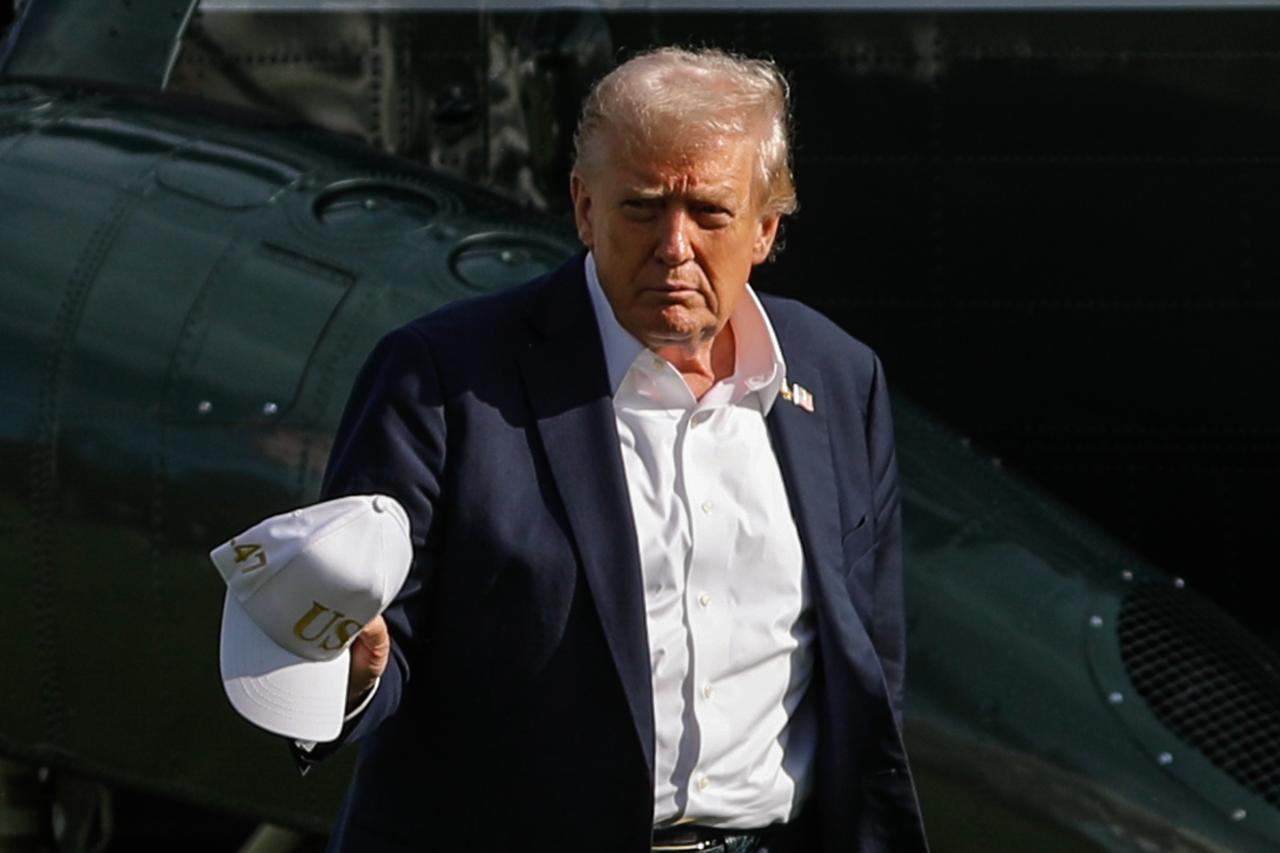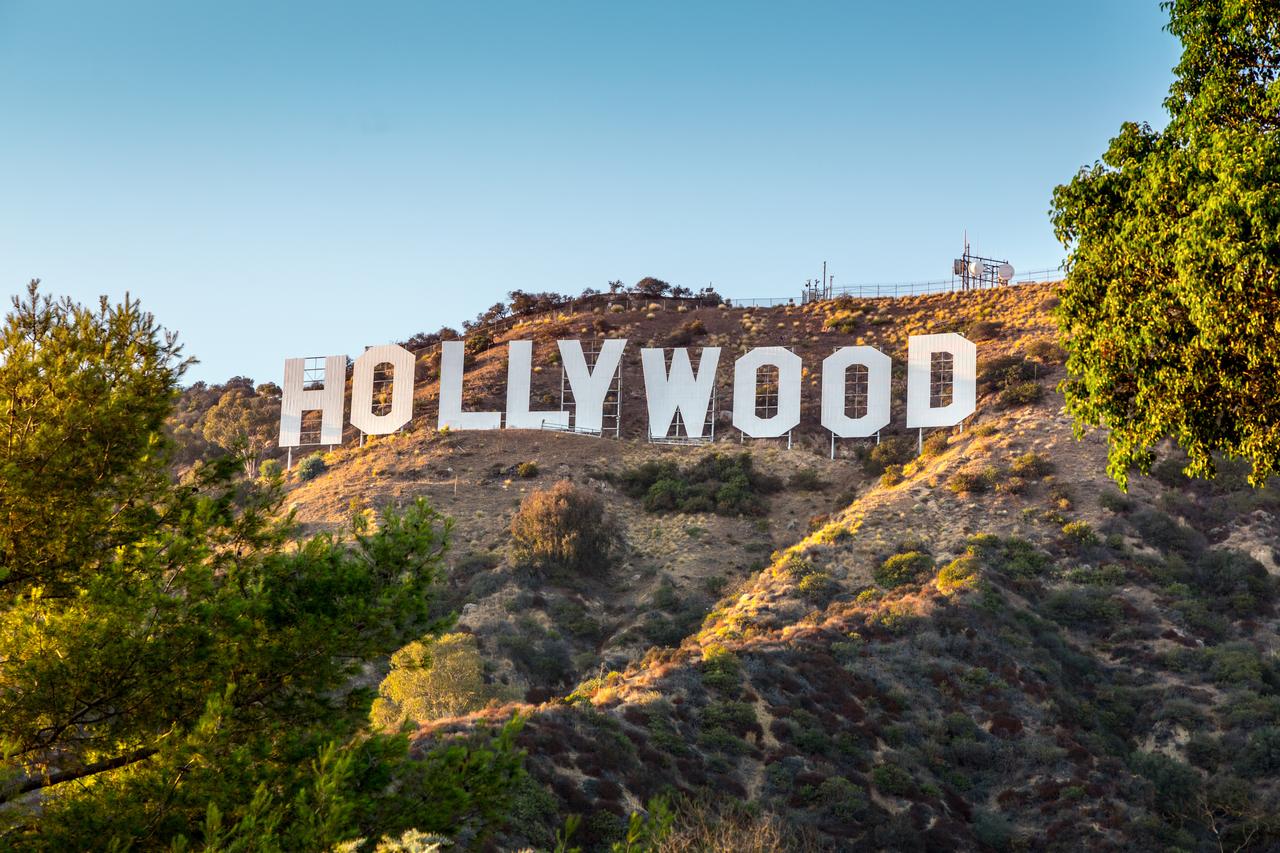
U.S. President Donald Trump announced that his administration will impose a 100% tariff on all films produced outside the United States, in what he describes as a bold move to reclaim the American film industry from foreign competitors.
Speaking on his Truth Social platform, Trump claimed that other countries have “stolen” Hollywood’s dominance—comparing it to “stealing candy from a baby”—and vowed to “bring film production back to American soil.”
The announcement marks one of Trump’s most aggressive protectionist policies to date, expanding his trade-war agenda beyond manufacturing and technology to target the cultural and creative industries.
The president specifically criticized California—home to Hollywood and the heart of the U.S. entertainment industry—saying it had been “hit especially hard” under what he called “weak and incompetent leadership.”

However, the proposal has sparked significant backlash across the entertainment industry and beyond.
Critics argue that the policy could dramatically raise costs for American distributors, streaming platforms, and even consumers, as many popular films and shows are co-produced with foreign studios or shot internationally to reduce expenses.
Industry experts also warn that defining what constitutes a “foreign-made” film could become a legal nightmare, as many U.S. productions rely on overseas locations, crews or post-production services.
Australia's federal government is closely monitoring the recent announcement by Trump to impose a 100% tariff on foreign-made films.
Arts Minister Tony Burke emphasized that the government is prepared to respond to any fallout from this decision, underscoring the importance of protecting Australia's screen industry.